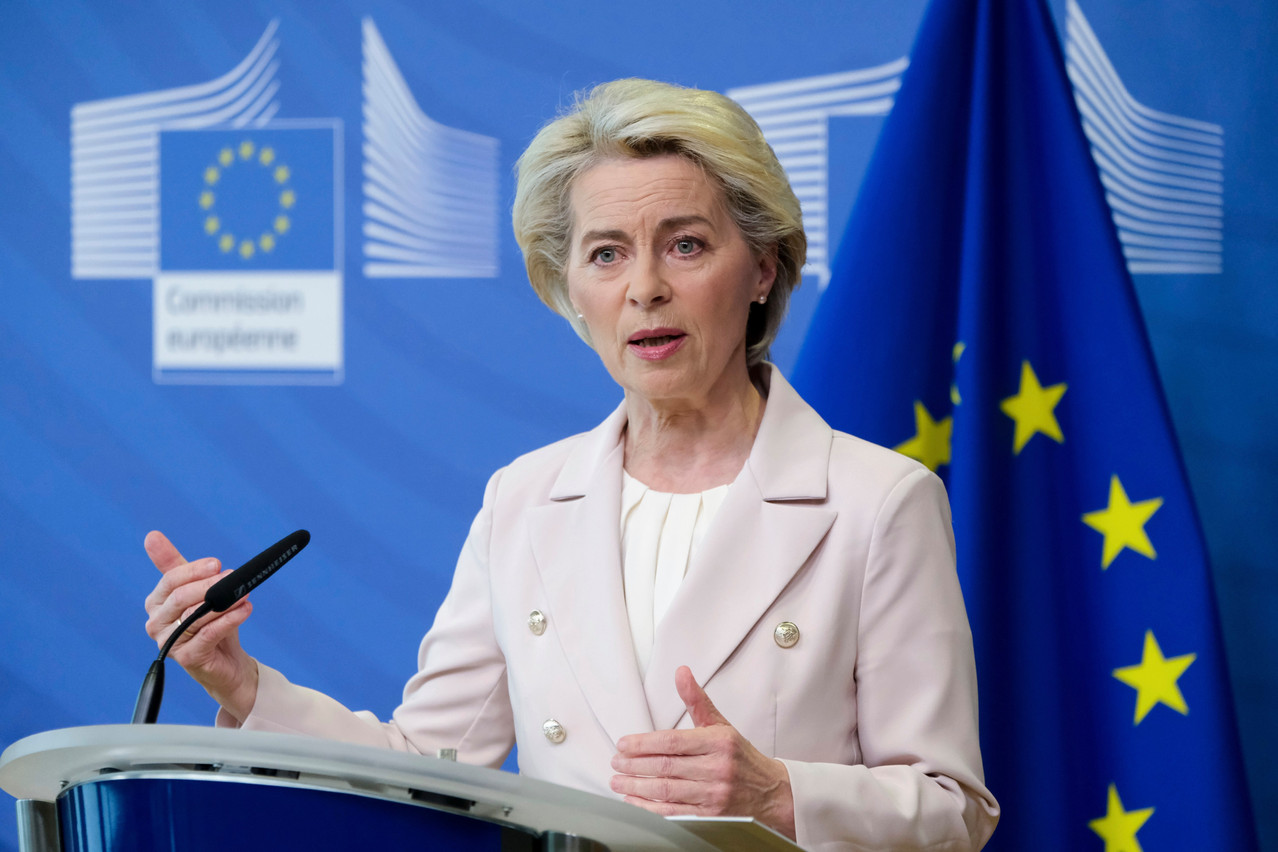The New York Times journalist Matina Stevi, under the Access to Documentation Regulation, requested that the European Commission provide access to all text messages exchanged between president Ursula von der Leyen and Pfizer CEO Albert Bourla between 1 January 2021 and 11 May 2022. The messages concerned negotiations around the EU’s procurement of vaccines during the covid-19 pandemic.
The New York Times argued that these should be shared in the interests of transparency; the commission countered by saying “short-lived, ephemeral documents are not kept, and, as a consequence, are not in the possession of the institution.” The text messages, argued the commission, fell into this category. The commission added that it did not hold the documents covered by the NY Times request.
In a blow to von der Leyen, the Court of Justice of the European Union on 14 May 2025 announced that it annulled the European Commission’s decision to refuse the NY Times journalist access to the text messages between von der Leyen and Bourla.
“The court recalls that the purpose of the Access to Documents Regulation is to give the fullest possible effect to the right of public access to documents held by the institutions,” the Luxembourg-based court said in its . “Thus, in principle, all documents of the institutions should be accessible to the public. However, where an institution states that a document does not exist in the context of an application for access, the non-existence of that document is presumed, in accordance with the presumption of veracity attaching to that statement. That presumption may, however, be rebutted on the basis of relevant and consistent evidence produced by the applicant.”
“In the present case, the court notes that the commission’s replies regarding the text messages requested throughout the procedure are based either on assumptions or on changing or imprecise information. By contrast, Ms Stevi and the New York Times have produced relevant and consistent evidence describing the existence of exchanges, in the form of text messages in particular, between the president of the commission and the CEO of Pfizer in the context of the procurement of vaccines by the commission from that company during the covid-19 pandemic. They have thus succeeded in rebutting the presumption of non-existence and of non-possession of the requested documents,” added the court.
“In such a situation, the commission cannot merely state that it does not hold the requested documents but must provide credible explanations enabling the public and the court to understand why those documents cannot be found. The commission has not explained in detail the type of searches that it carried out to find those documents or the identity of the places where those searches took place,” noted the judgement. “Accordingly, it has not given a plausible explanation to justify the non-possession of the requested documents. Moreover, the commission has not sufficiently clarified whether the requested text messages were deleted and, if so, whether the deletion was done deliberately or automatically or whether the president’s mobile phone had been replaced in the meantime.”
“Last, the commission has also failed to explain in a plausible manner why it considered that the text messages exchanged in the context of the procurement of covid-19 vaccines did not contain important information or information involving follow-up the retention of which must be ensured,” concluded the court.
An appeal may be brought before the court within two months and ten days of the decision.
Commission responds
The European Commission has taken note of the court’s decision, said a issued by the institution. “The commission will now closely study the General Court’s decision and decide on next steps. To this effect, the commission will adopt a new decision providing a more detailed explanation.”
“Transparency has always been of paramount importance for the commission and president von der Leyen. We will continue to strictly abide by the solid legal framework in place to enforce our obligations. We remain fully committed to maintaining openness, accountability, and clear communication with all stakeholders, including EU institutions, civil society and interest representatives.”
